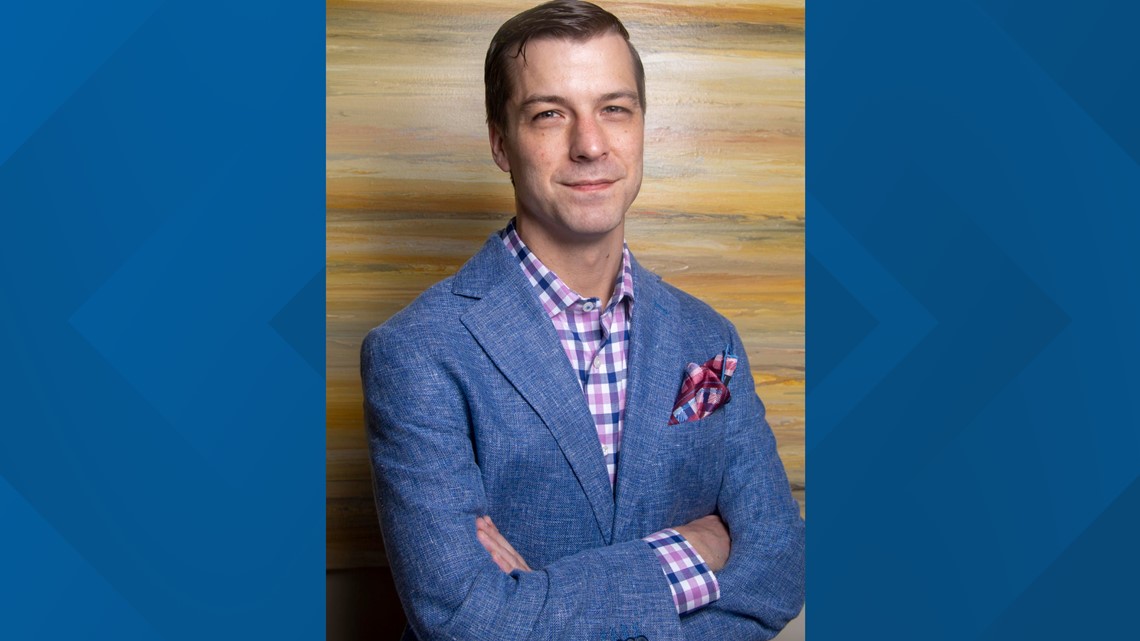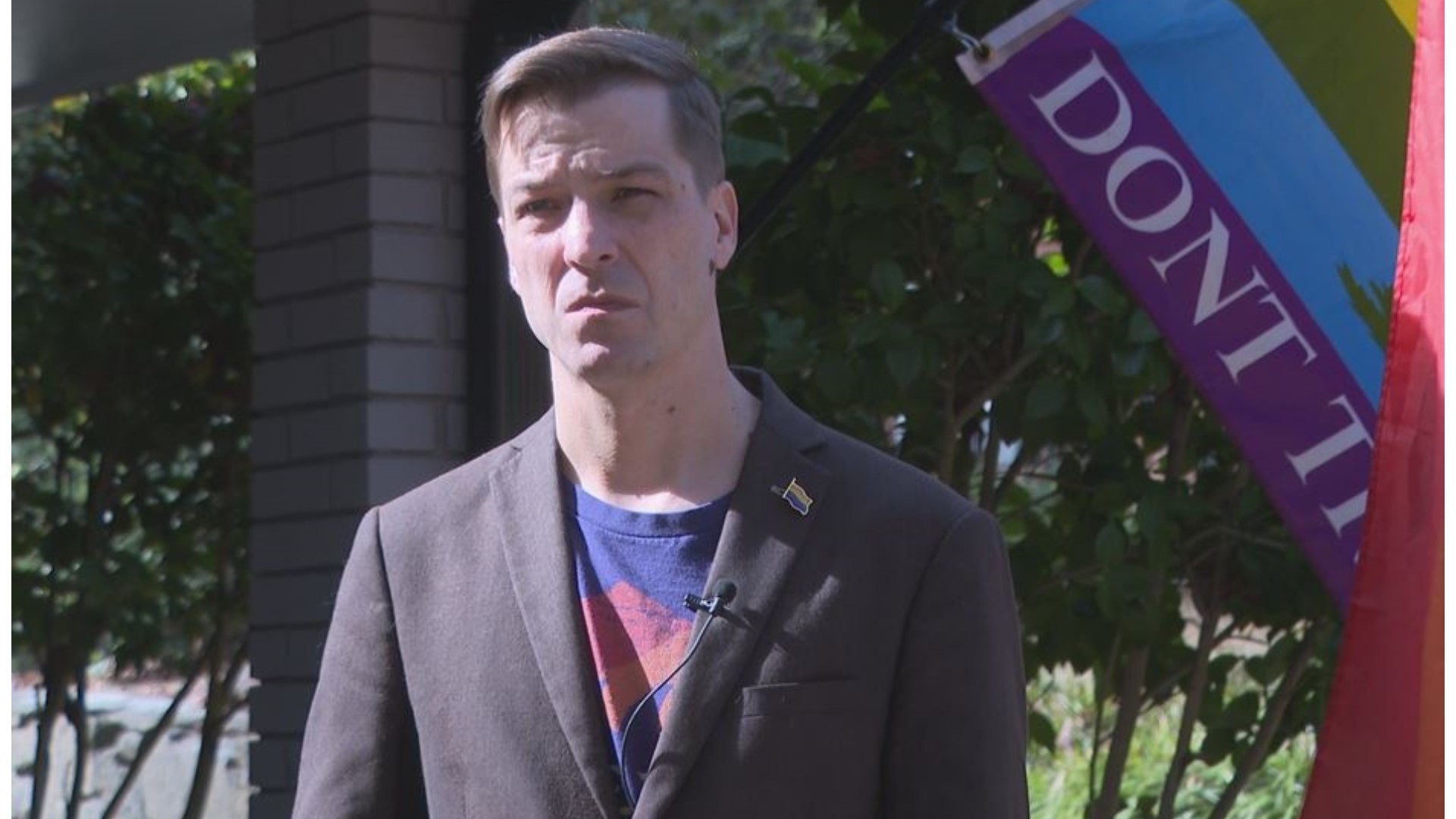ATLANTA — Fresh off pulling more than 81,000 votes in Georgia's U.S. Senate election, roughly 2% of the vote, and helping force a runoff for a month from now, Libertarian candidate Chase Oliver said his goal had been to show there's more than just two choices in American politics - and his showing, he felt, proved that.
"To me the message is clear - 80,000-plus voters have decided that the two-party system does not represent them and they want a choice outside the two-party system," Oliver told 11Alive on Wednesday. "That says to me that we need to open up our democracy to more choices and more voices, so we have a more representative United States Senate and democracy overall."
Oliver ran on a platform that emphasized immigration and criminal justice reforms. Three other Libertarians in statewide races - Ryan Graham for lieutenant governor, David Raudabaugh for agriculture commissioner and Ted Metz for attorney general - also pulled in more than 2% of the vote. Metz in particular got more than 108,000 votes and nearly 3% (2.78%).
The Senate candidate framed the results as a sign that the Libertarian Party has potential to further grow as a force in Georgia politics.
"So long as we're speaking a message that appeals to the voters, and we're going to the voters where they are and we're speaking a message that resonates with them, I think we're going to see continued growth in the Libertarian Party," he said. "It's up to us to provide that alternative to the two-party system and I think we're going to rise to that challenge."


The two-party system, he said, results in Democrats and Republicans "pushing themselves further away (from each other), and that puts them further away from the average voter."
Oliver advocated for a grassroots, door-to-door politics that he said helped him break through as a candidate.
"Get out and meet the voters exactly where they are and speak to their issues. Don't speak like you're a college professor, speak like you're somebody who's having a real conversation with people because that's what resonates," he said. "You have to be able to connect with a voter, and that's how they connect with your ideas. They have to connect with you as a person first."
Oliver said he wasn't going to be endorsing either Sen. Raphael Warnock or Herschel Walker in the Dec. 6 runoff - "It's not my job to tell the voters where to place their vote and their trust," he said - but he does want to introduce either the Democrat or Republican to Libertarian voters, if they're open to it.
"I'm going to reach out to both campaigns and see if the want to come to a forum to speak to Libertarian voters, in long form, not one-minute debate answers, but actually have a conversation," he said. "I'm willing to facilitate that conversation so they can speak to the voters themselves."
Whether either remaining candidate takes him up on the offer may be a long shot, but in the meantime he stressed one of his preferred policies to avoid anymore runoffs altogether - ranked-choice voting.
The practice allows for people to essentially cast their runoff vote on a ballot the first try. A Ballotpedia explanation describes it this way:
"If a candidate wins a majority of first-preference votes, he or she is declared the winner. If no candidate wins a majority of first-preference votes, the candidate with the fewest first-preference votes is eliminated. First-preference votes cast for the failed candidate are eliminated, lifting the second-preference choices indicated on those ballots. A new tally is conducted to determine whether any candidate has won a majority of the adjusted votes. The process is repeated until a candidate wins an outright majority."
Oliver said it's his hope that the Georgia legislature can make the idea - which is already done for overseas Georgia voters, so they don't have to request and try to mail a second ballot for a runoff - a reality.
"I think if we can get ranked-choice voting passed in the next legislative session, that will show that we want our democracy to be responsive," he said. "That we want more choice sand more voices for the voters, and also save the taxpayers time and money - and I say we should get it done."
To the more than 81,000 voters who cast a ballot for Oliver weighing what to do in the runoff, he said he would tell them to "pay attention to the two candidates that are left, listen to what they have to say, and if they speak a message that you agree with more than the other one, feel free to go vote."
Oliver said he wasn't thinking right now about running for office again, but that he was "really honored to get that 80,000 votes and be someone that 80,000 people could place their trust in, and I'm going to keep speaking the message of maximum freedom for every person."

